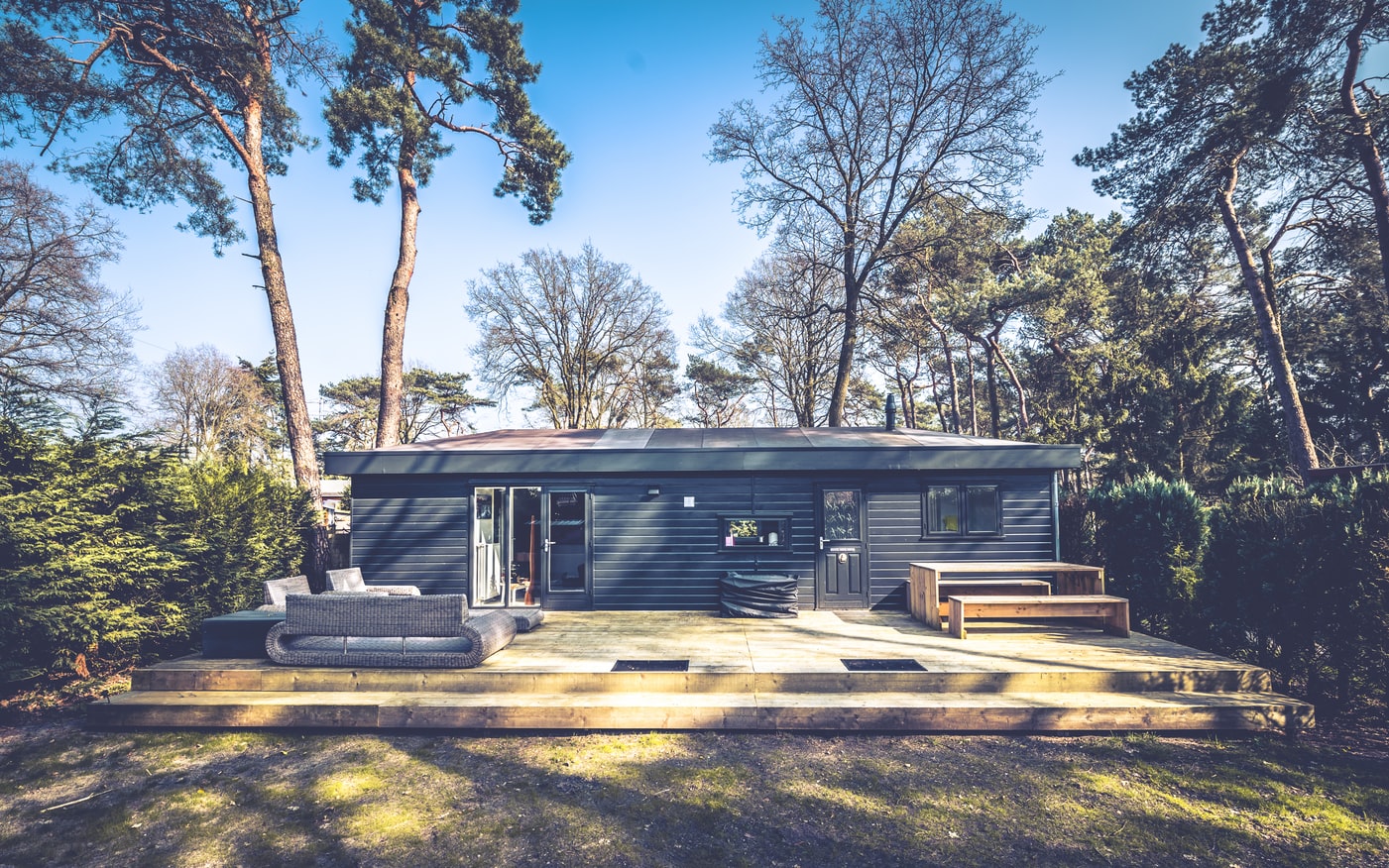
Mobile Homes: What To Consider Before Moving A Manufactured Home
Starting with the 1920s, manufactured homes have rapidly gained popularity, thus the industry decided to produce trailers on a huge scale in factories. Over time, mobile homes have become even longer, wider and elaborate, thus more families started to use them as a permanent residence, even though they had wheels and weren’t suitable for travel. Given the latest technological development, the mobile home industry has implemented stricter standards, ensuring the quality of these structures that numerous families were used as a permanent residence.
When planning to relocate with your home, there are a couple of things you might need to know about this process. Moving a mobile home is not as easy as it sounds. It doesn’t mean you just turn on the key and go down the road, but there are lots permits and licenses you should take into consideration, let alone that moving a manufactured home is only a professional’s job. In case you’re planning to move your manufactured home, here are a few details you should keep in mind.

Can Your Manufactured Home Be Moved?
When a manufactured home is installed on the original site, a huge number of these homes remain there. Almost 90% of installed homes are never moved again after they’ve been installed, so you should make sure your home is in an adequate state for relocation. This should be a property for you since numerous transport companies consider older homes to be totally unfit for this difficult process. This can often happen because a home that must be moved more than 500 or 1000 miles, necessitates new tires and more efficient equipment. There are mobile homes that have been attached to a solid foundation and usually don’t have the necessary hardware to be hauled those long distances while others come with platforms, axle and wheels. Also, what you might need to take into consideration would be the weight, size of your home as well as the destination.
All these are essential aspects you should keep in mind when planning to move your home. Above that, it’s worth knowing that your moving company will only transport your home on main roads where corridors are wide enough to transport such structures, so transport in difficult to reach areas may be very problematic, so both distance and costs of transportation will be bigger.
The Average Costs
The costs of moving a manufactured home may depend on what style you choose to adopt. In case you’ve decided to plan and prepare the route and your structure by yourself, it’s worth knowing that a short-distance moving cost will come around $5-$5 per mile moved. These numbers will increase in the eventuality of moving a double or a triple-wide home, where $2,00-$2,500 for a double-wide and $2,600-$3,500 for a triple-wide for 60 miles or less distance.
As stated before, the lighter and smaller the home the cheaper and easier the transportation will be. While looking for a long-distance moving company to ease your life, be sure you plan carefully and clarify all costs with their specialists.
Zoning Issues to Consider When Moving
Mobile homes are usually built for certain locations and standards. For this, the Department of Housing and Urban Development divided the U.S into different roof load zones, thermal and wind zones, so the mobile homes must exceed and respect the standards of each area. For instance, if you want to move your manufactured home from Chicago to Florida one must know that Florida is Zone 2 and 3 state, which means it is very close to oceans and more likely to be affected by damaging storms and hurricanes.
Researching the mobile home insurance market in Florida may be essential in case you decide to relocate in hurricanes or flood-prone areas. You must know what to expect when moving in such areas thus your home should be built to meet those standards and withstand harsh Floridian’s weather. Moreover, when you’ve finally decided upon allocation be sure you won’t have any zoning issues with the city or county where you would like to live. Why so? Cities may usually have land laws which exclude manufactured and single wide homes older than 10-15 years.
Simply put, if you plan to move in a mobile housing community there won’t be a problem. But if you want to place it on privately-owned land, research and ensure that the area is suitable for manufactured homes.
Finding a Suitable Moving Company
Because there are plenty of moving companies, finding one suitable for your needs can be one tricky process. Don’t haste the process if you want to find an experienced moving company. The company you’ll choose must be properly insured to move large structures across your state and other states you’ll be passing through, whether or not security or police escort is required. Moreover, you should think about all the preparation you’ll have to do by yourself versus having the moving company prepare it for you. The company must check everything from wheels, axles and stability, while someone else will prepare the home both on the inside and outside for transportation. In case you’ve decided to take full service and have the company prepare everything for you, then you should be ready for extra costs.
As we stated before all these are important factors that will determine how easy or hard it will be to move a manufactured home. Relocating your home doesn’t mean you’ll only replace your old neighbourhood, you’ll also change everything from your social life, work children and even your lifestyle depending on where you’ll choose to live.
There are lots of things you should expect and be prepared for, let alone, physical limitations, legal setbacks and costly mistakes, there are plenty of mistakes that can happen along your journey. But to avoid all these nuisances you should choose a suitable moving company that can make the process of relocating a manufactured home easier and simpler for you.